Don’t sweat or fret: how to win a US presidential debate
From sweating Richard Nixon to Ronald Reagan’s quips, the TV showdowns are often decisive on the road to the White House.
“Ask yourself, are you better off than you were four years ago?”
Ronald Reagan’s closing remarks of his final TV showdown with Jimmy Carter were pure debate gold, a moment that resonated deeply with voters and seemed to capture the national mood.
Reagan, with all his Hollywood experience, knew better than most presidential candidates how the televised debates that have become a staple of US elections are above all performances, and that a single phrase, a joke or even a gesture can be worth far more than the most finely tuned policy program.
Small moments under the glare of the television studio lights have assumed huge significance in undermining a candidate’s chances, from George HW Bush checking his watch in 1992 to Al Gore rolling his eyes and sighing loudly at George W Bush’s answers in 2000.
Recent debates may not have changed the course of US presidential campaigns decisively but they throw up visual and verbal clues that can fuel confidence in or feed doubts about a candidate, and shape perceptions all the way to the ballot box.
Joe Biden, 77, as the frontrunner in the polls, has the most to lose at the first of the three debates Wednesday, whereas President Trump, 74, is a master of provocation and disruption. He may have failed to out-debate Hillary Clinton four years ago but he still won the election.
“You never know whether a candidate is on his game or not until he or she gets there,” said Larry Sabato, professor of politics at the University of Virginia, who has, he admits, watched every televised presidential debate as it happened, either on television or in the room.
“It’s a performance and there’s nothing wrong with that,” he added, recalling the first televised debate in 1960.
“It is just what John F Kennedy understood and Richard Nixon didn’t. Kennedy understood instinctively that this was a TV show. Donald Trump could identify with this part, and so he prepared for it as a TV show. He (Kennedy) looked great, he’d been tanning on the roof of his hotel most of the day. He dressed in a dark suit that really made him stand out. He looked and sounded presidential.”
Nixon famously sweated and his eyes darted around. Although radio listeners judged him to be the winner, TV viewers awarded the night to JFK.
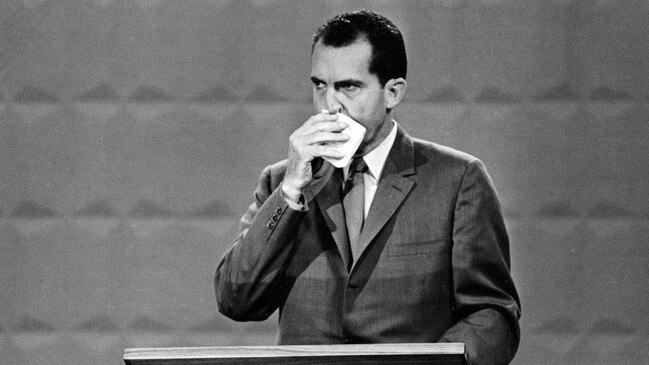
Another lesson from debate history was brutally learnt in the 1988 confrontation between George HW Bush and Michael Dukakis when the Democrat gave a robotic answer to probably the most striking question ever posed by a moderator.
Bernard Shaw of CNN asked: “Governor, if Kitty Dukakis [his wife] were raped and murdered, would you favour an irrevocable death penalty for the killer?” Without a flicker of emotion, Mr Dukakis replied: “No, I don’t Bernard. I think you know I’ve opposed the death penalty all of my life.”
Professor Sabato said: “I can understand why Dukakis answered the way he did. He was stunned by it, he said later. It was such a bloodless answer, and I think the election was over before that debate, but if there was any doubt we closed the book on that election that night. It is what all candidates fear, that they will give an answer that makes sense to them in the moment and it will be the end of their candidacy.”
It was Bush Sr who failed the test of emoting four years later in the first town hall format debate with questions from the audience when asked how he had experienced the national debt personally. He began by saying: “Well, I think the national debt affects everybody” before being brought back to the question and starting again. “I love my grandchildren …” The audience member pressed him again. “How?” He played for time, asking the woman, “Are you suggesting if someone has means, that the national debt doesn’t affect them? … I don’t think it’s fair to say if you haven’t had cancer you don’t know what it’s like.”
Step forward Bill Clinton, who walked across to face the woman and felt her pain: “As the governor of a small state … when a factory closes I know the people who ran it. When the businesses go bankrupt I know them.”
The debate sealed Bush’s fate in a race in which he was always struggling.
Professor Sabato pointed to another classic moment that highlighted the human touch when Al Gore walked up to George W Bush in an attempt to intimidate him, only to be greeted by a quick nod of the head that drew laughter from the audience. Mr Gore lost the debate on body language alone.
“In today’s terms that was hardly offensive but you have to be careful with your gestures, maybe especially with your gestures,” Professor Sabato said.
The Gore team are convinced the debates blew it for them. Tad Devine, an adviser, told The New York Times 16 years later: “Election Day followed, and the Florida recount, and we know the rest. But if Gore had won that first debate clearly and decisively, I think that he would have been president. There’s no doubt about it.”
Robert Shrum, a Gore adviser, added: “Watching the debate, we were winning on substance, we were winning on who was really fit to be president. But Gore was also sighing and reacting to Bush, and there were lots of reaction shots. It was somewhat inexplicable — as if the things that Gore had been told not to do became his to-do list.”
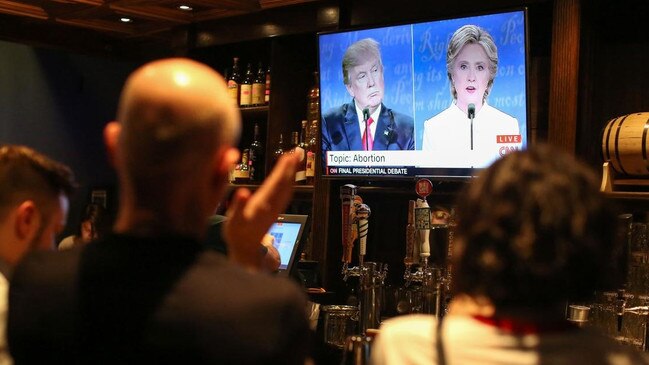
It is the last time the TV debates were generally regarded as decisive but Professor Sabato believes that Mr Trump picked up some support from his 2016 performances despite being judged to have come off second best. In one, he paced around menacingly and broke into a quip by Mrs Clinton about whether he would avoid paying taxes. “What a nasty woman,” he interjected while she was in full flow.
Professor Sabato said: “That cut through everything Clinton was saying – it was all factual, she was pointing out the fine points of her tax policy versus Trump. Do you think anybody remembers any of that? No, they remember Donald Trump looking straight into the camera and saying ‘What a nasty woman’, and for the people who didn’t like Hillary Clinton and were maybe thinking of voting for her, that was a moment that helped shape their view.”
The Times


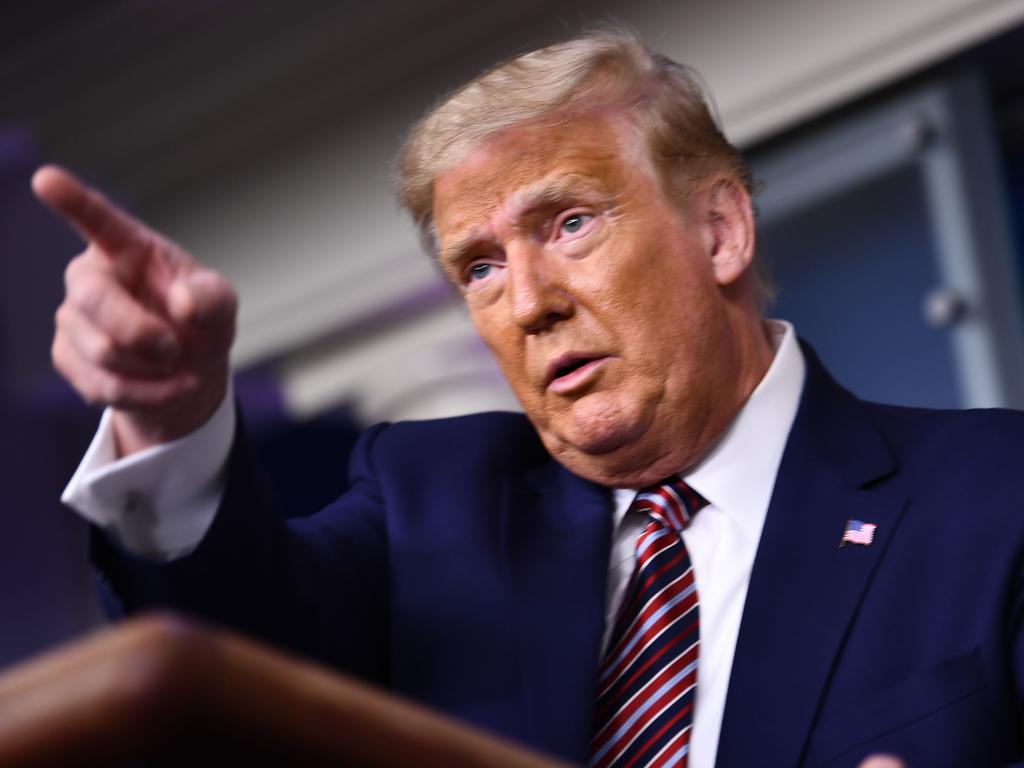
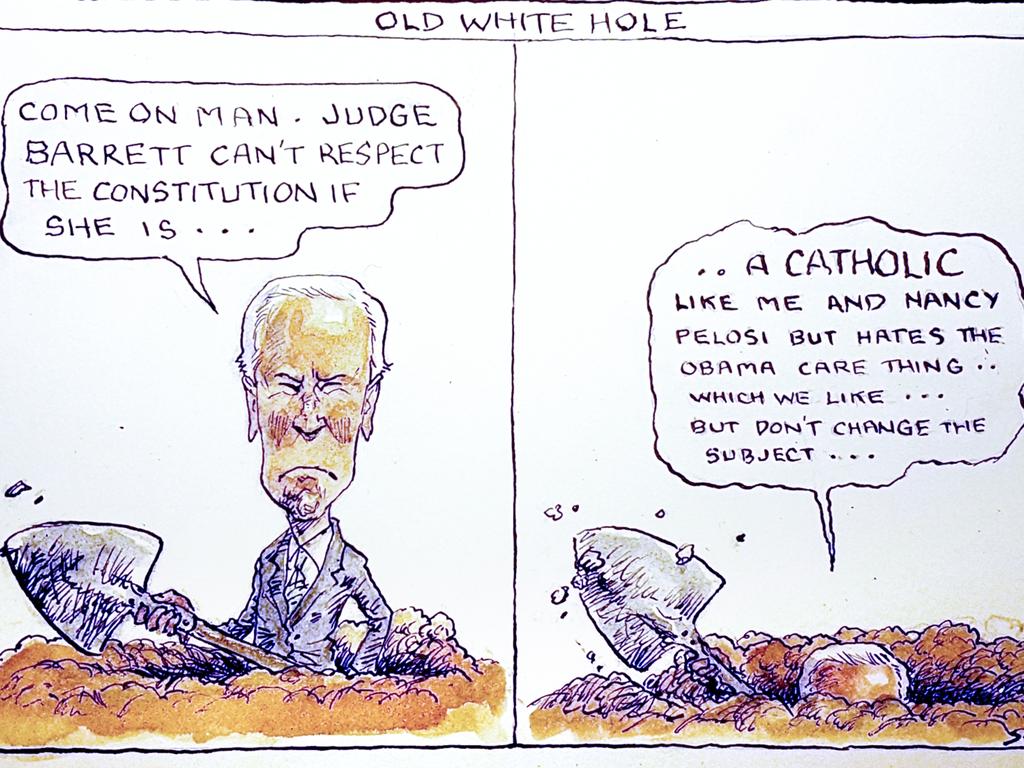
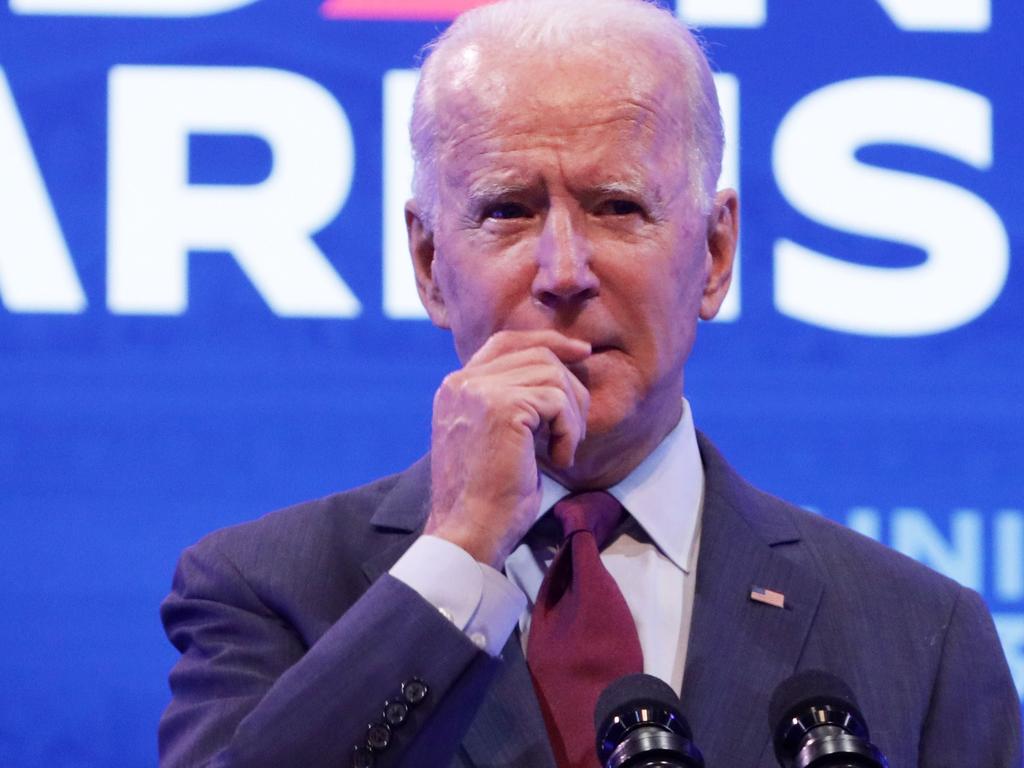


To join the conversation, please log in. Don't have an account? Register
Join the conversation, you are commenting as Logout